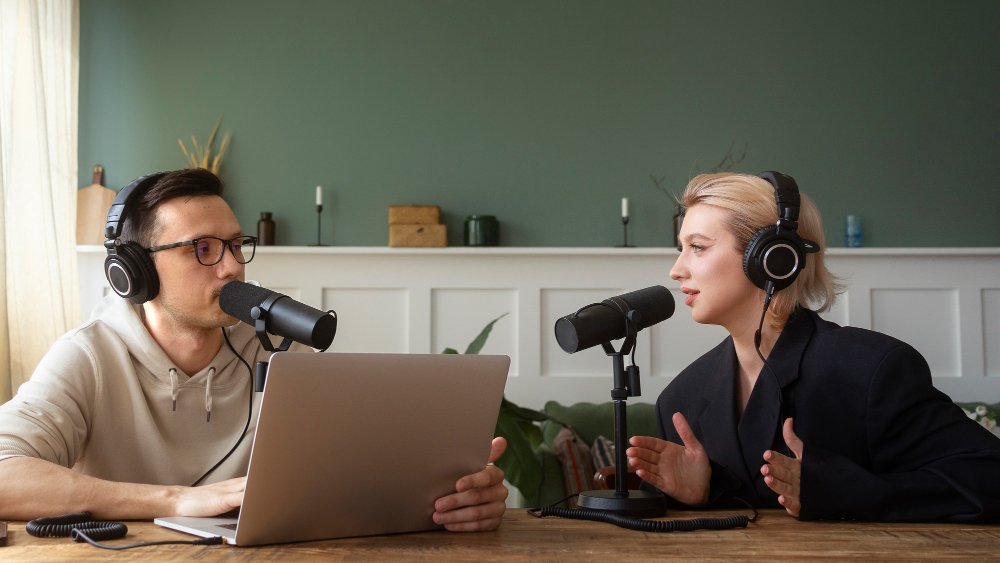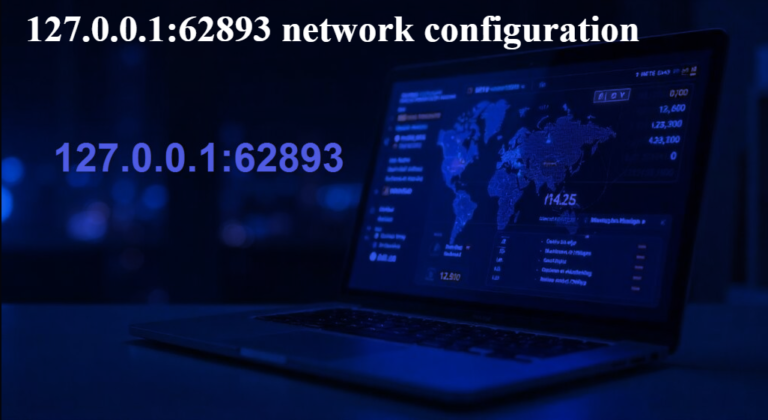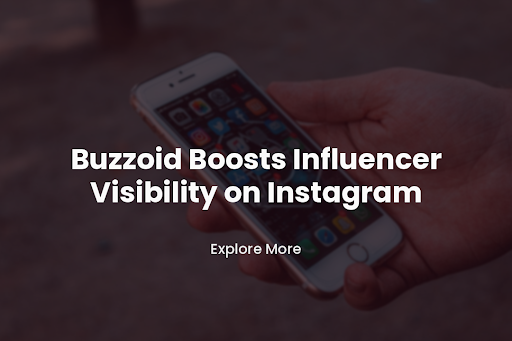What is a blog vs podcast? Complete Guide
In the digital age, content creation has taken many forms, with blogs and podcasts emerging as two of the most popular mediums. Both offer unique ways to share information, engage audiences, and build communities, but they are distinct in their formats, creation processes, and audience engagement. This article explores the differences between blogs and podcasts, their respective benefits, and how they can be used effectively in today’s digital landscape.
What is a blog vs podcast? Defining Blogs and Podcasts
Blogs are written articles published on websites. They can cover a vast array of topics, ranging from personal diaries and professional insights to detailed guides and news commentary. Blogs typically consist of text, images, and sometimes embedded videos or other multimedia elements. They are often organized in reverse chronological order, making it easy for readers to access the most recent content.
Podcasts are audio or video recordings distributed via the internet, usually in a series format. Listeners can stream or download episodes to their devices. Podcasts can cover various topics, including interviews, storytelling, educational content, and discussions. They are often accessed through platforms like Apple Podcasts, Spotify, or dedicated podcasting websites.
Key Differences Between Blogs and Podcasts
Format and Medium
Blogs: Primarily text-based, sometimes supplemented with images, videos, and hyperlinks.
Podcasts: Audio-based, though video podcasts (vodcasts) also exist, focusing on sound and vocal delivery.
Creation Process
Blogs: Writing a blog involves researching, drafting, editing, and formatting text. It may also include creating or sourcing images and embedding multimedia elements.
Podcasts: Creating a podcast involves planning, recording audio, editing sound files, and possibly adding sound effects. Video podcasts add another layer of complexity with filming and video editing.
Audience Engagement
Blogs: Readers can engage through comments, sharing posts, and interacting via social media. Blogs are often found through search engines, benefiting from SEO (Search Engine Optimization) strategies.
Podcasts: Listeners engage by subscribing, rating, and reviewing episodes on podcast platforms. Podcasts often rely on word-of-mouth and social media for discovery and can create a loyal listener base.
Consumption Mode
Blogs: Consumed by reading, which requires visual attention and often a quiet environment.
Podcasts: Consumed by listening, allowing for multitasking. Listeners can enjoy podcasts while commuting, exercising, or doing household chores.
Benefits of Blogging
- Blogs can significantly improve a website’s visibility on search engines. By incorporating keywords and creating valuable content, bloggers can attract organic traffic and improve their search engine rankings.
- Blogs allow for in-depth exploration of topics. Writers can provide detailed explanations, step-by-step guides, and comprehensive analyses, which are beneficial for subjects requiring thorough understanding.
- Blog posts serve as a permanent resource that readers can refer to over time. They can be updated and repurposed, ensuring long-term value and relevance.
- Bloggers can monetize their content through ads, affiliate marketing, sponsored posts, and selling digital products or services. Successful blogs can become significant revenue streams.
Benefits of Podcasting
- Podcasts offer flexibility in how and where content is consumed. They fit seamlessly into listeners’ daily routines, making them accessible to a wider audience.
- The audio format of podcasts allows for a more personal connection between the host and the audience. The tone of voice, emotions, and personality of the host can foster a sense of intimacy and trust.
- While the number of podcasts is growing, the market is still less saturated compared to blogs. This presents opportunities for new podcasters to find and grow their niche audience more easily.
- Podcasts can cover a wide range of formats, including interviews, panel discussions, solo commentary, and storytelling. This versatility can keep the content fresh and engaging for listeners.
Challenges and Considerations
For Blogs:
- Consistency and Quality: Maintaining a regular posting schedule with high-quality content can be demanding. It requires dedication, creativity, and effective time management.
- SEO Mastery: Achieving and maintaining good search engine rankings requires ongoing SEO knowledge and effort.
- Competition: The vast number of blogs means standing out can be challenging. Unique perspectives and strong personal branding are essential.
For Podcasts:
- Technical Skills: Producing a podcast requires knowledge of audio recording and editing. For video podcasts, video production skills are also necessary.
- Time Investment: Creating engaging podcast episodes can be time-consuming, from planning and recording to editing and marketing.
- Audience Building: Growing a podcast audience often requires significant effort in promotion and networking within podcast communities.
Integrating Blogs and Podcasts
Many content creators leverage the strengths of both blogs and podcasts by integrating them. For example, a blogger might start a podcast to reach audiences who prefer listening over reading. Conversely, a podcaster might write blog posts to provide additional resources or transcripts of their episodes. This multi-channel approach can maximize reach and engagement.
- Cross-Promotion: Promoting the podcast on the blog and vice versa can drive traffic between the two platforms. Embedding podcast episodes in blog posts or writing articles about podcast topics can enhance discoverability.
- Repurposing Content: Content from a podcast can be transcribed and used as a blog post, providing SEO benefits and additional content for readers. Similarly, blog content can be adapted into podcast episodes.
- Building a Comprehensive Brand: Offering both written and audio content can help build a more comprehensive and versatile brand, appealing to different audience preferences and consumption habits.
Future Trends
As technology and consumer habits evolve, both blogs and podcasts are likely to continue growing and adapting. Some emerging trends include:
- AI and Automation: Tools powered by AI are increasingly being used to aid content creation, from writing blog posts to editing podcasts. These tools can streamline production processes and enhance content quality.
- Interactive Content: Interactive blogs with multimedia elements and podcasts with audience participation (e.g., live shows, and call-ins) are becoming more popular, enhancing engagement.
- Niche Focus: Both blogs and podcasts are increasingly targeting niche audiences, providing specialized content that caters to specific interests and communities.
- Monetization Models: New monetization models are emerging, including subscription-based content, exclusive memberships, and integrated advertising partnerships.
Newztalkies Verdict
Blogs and podcasts are powerful tools for content creators, each offering unique advantages and facing distinct challenges. Understanding the differences between these mediums is crucial for anyone looking to leverage their potential. While blogs excel in providing detailed, searchable, and evergreen content, podcasts offer a convenient, personal, and versatile listening experience. By integrating both, creators can maximize their reach and build a robust, engaged audience in today’s dynamic digital landscape. Whether you choose to blog, podcast, or do both, the key lies in consistently delivering valuable, engaging content to your audience.






